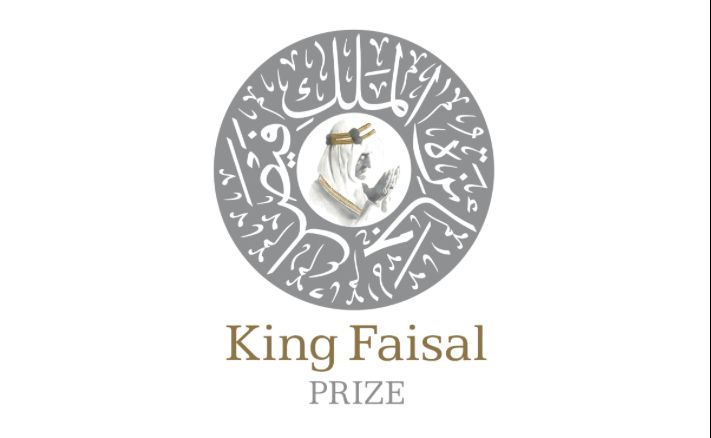
King Faisal Prize to Announce 2025 Laureates
The King Faisal Prize is set to unveil the names of its 2025 laureates on Wednesday, January 8, in Riyadh. In anticipation of this significant event, specialized selection committees for the prize's four categories – Islamic Studies, Arabic Language & Literature, Medicine, and Science – will convene at the prize's headquarters starting Monday, January 6, 2025. These deliberations will continue through January 8.
The General Secretariat had previously announced the themes for the 47th edition of the King Faisal Prize for 2025: Islamic Studies focuses on "Studies of Archaeology in the Arabian Peninsula," Arabic Language & Literature explores "Studies of Identity in Arabic Literature," Medicine highlights "Cellular Therapy," and Science centers on "Physics."
Nominations for the prize are accepted by universities, research centers, and scientific institutions, ensuring that nominees meet rigorous criteria. Candidates must be living, and their work must already be published, intellectually impactful, and beneficial to humanity's progress. Nominations from individuals or political groups are not accepted.
This year, the selection committees include prominent experts, scholars, and specialists from 16 different countries. These esteemed individuals will meet in Riyadh to thoroughly assess the submitted works and choose the laureates. The evaluation process adheres to the highest standards of integrity, in line with the rules established by the General Secretariat.
The announcement of the 2025 selected laureates will be made by the General Secretariat on January 8 at 8:00 pm, during a ceremony at the Prince Sultan Grand Hall in the Al Faisaliah Center, Riyadh.
The King Faisal Prize (KFP) was established by the King Faisal Foundation in 1977 and was granted for the first time in 1979. The Prize recognizes the outstanding works of individuals and institutions in five categories: Service to Islam, Islamic Studies, Arabic Language and Literature, Medicine, and Science. Its aim is to benefit Muslims in their present and future, inspire them to participate in all aspects of civilization, and enrich human knowledge and development.








